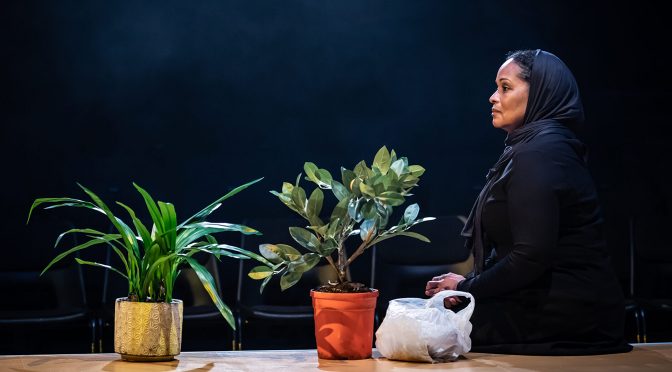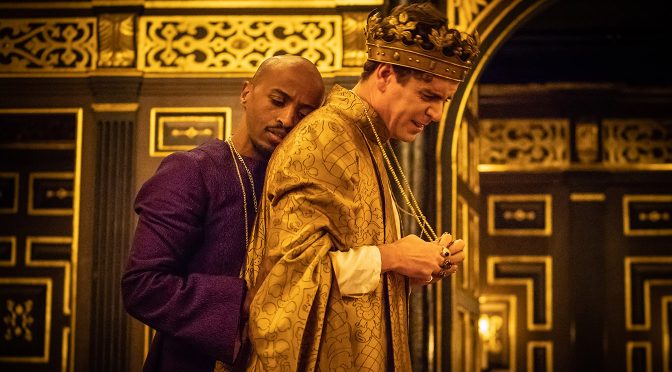Given its subject matter, Beru Tessema’s debut play is remarkably enjoyable. An estranged family struggling with the death of the titular character through drug addiction sounds grim. But Tessema’s confident comedy skills add well-placed lighter touches. And an exciting ear for dialogue gives this straightforward domestic drama its own originality.
This is a family with secrets, that’s haunted by grief, but the strong bonds between its members are the focus. Establishing a trio of bickering siblings is well done from the start – and great fun. Taking the lead is an adorable younger brother, Yosi, whose performance by Michael Workeye is the standout for the whole show.

The deceased Ife’s sisters show us different sides of grief, and the performances by Yohanna Ephrem and Karla-Simone Spence make a good contrast. The parents bring yet more insight through their Ethiopian heritage and the father doing “God’s work” (while starting a new family) back in Addis Ababa. There are strong performances again, this time from Jude Akuwudike and Sarah Priddy.
With so much ground to cover – the family history and big issues – it might not be surprising that Tessema addresses topics thinly. Questions of belonging, of culture and of religion from five different perspectives are explored – but not that deeply. Ife’s addiction isn’t examined enough, leading to this pivotal offstage figure feeling sketchy.
Instead the show’s strengths come from comic observations and the tension between generations. Director Lynette Linton’s close work, with the steady flow of conversations between the parents, the children, and the whole family, are always engrossing. The pacing is excellent, with loud arguments and quiet reflection nicely balanced. An explosive final scene provides a worthy payoff for all the care and attention taken.
Until 11 June 2022
Photos by Marc Brenner



